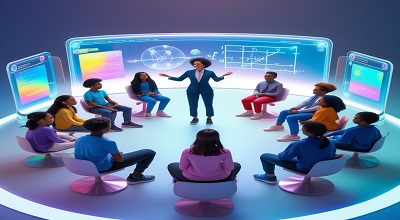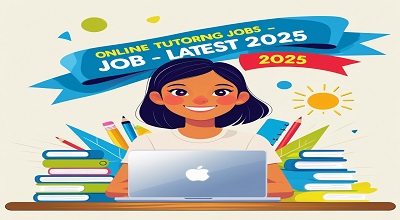Parent-Teacher Conferences
Optimizing parent-teacher conferences is crucial for fostering a collaborative and supportive environment that contributes to student success. These conferences provide an opportunity for parents and teachers to exchange information, discuss a child’s progress, and work together to address any concerns. Here’s a comprehensive guide to help optimize parent-teacher conferences:
Preparing for the Conference:
Schedule Adequate Time:
- Allocate enough time for each conference to allow for meaningful discussions. Typically, conferences last around 15-30 minutes, but some may require more time.
Set Clear Objectives:
- Establish specific goals for the conference, such as discussing academic progress and social development and identifying areas for improvement. Share these goals with parents beforehand.
Send Pre-Conference Questionnaires:
- Distribute questionnaires or surveys to parents before the conference to gather insights into their concerns, questions, and observations. This allows teachers to prepare relevant information and address specific issues.
Creating a Positive Environment:
Welcoming Atmosphere:
- Create a comfortable and welcoming space for conferences. A positive environment can encourage open communication and collaboration.
Open Communication Channels:
- Emphasize the importance of open communication. Encourage parents to share their thoughts, concerns, and insights, fostering a partnership for the child’s well-being.
Translator Services:
- If necessary, provide translation services to accommodate parents who may not be fluent in the language of instruction.
During the Conference:
Review Student Progress:
- Begin the conference by discussing the student’s strengths, achievements, and areas for improvement. Share concrete examples and evidence of the student’s work.
Goal Setting:
- Collaboratively set realistic and achievable goals for the student. Ensure that both parents and teachers are on the same page regarding expectations and strategies for improvement.
Address Concerns:
- Actively listen to parents’ concerns and address them empathetically. Discuss any behavioral or academic challenges and work together to develop solutions.
Provide Resources:
- Share educational resources, strategies, and activities that parents can implement at home to support their child’s learning and development.
Follow-Up Actions:
Action Plan:
- Develop a concrete action plan that outlines specific steps parents, teachers, and the student can take to support academic and personal growth. Set a timeline for reviewing progress.
Regular Updates:
- Establish a system for regular communication, whether through emails, progress reports, or additional conferences. Keep parents informed about their child’s ongoing progress.
Resource Sharing:
- Share relevant educational resources, workshops, and community services that can further support the child’s development.
Post-Conference Reflection:
Feedback Gathering:
- Collect feedback from parents and teachers about the conference process. Use this information to continually improve future conferences.
Documentation:
- Document the key points discussed during the conference. This serves as a reference for future discussions and allows for tracking progress over time.
By implementing these strategies, educators and parents can work together to create a supportive and collaborative environment that enhances the overall success and well-being of the student.





